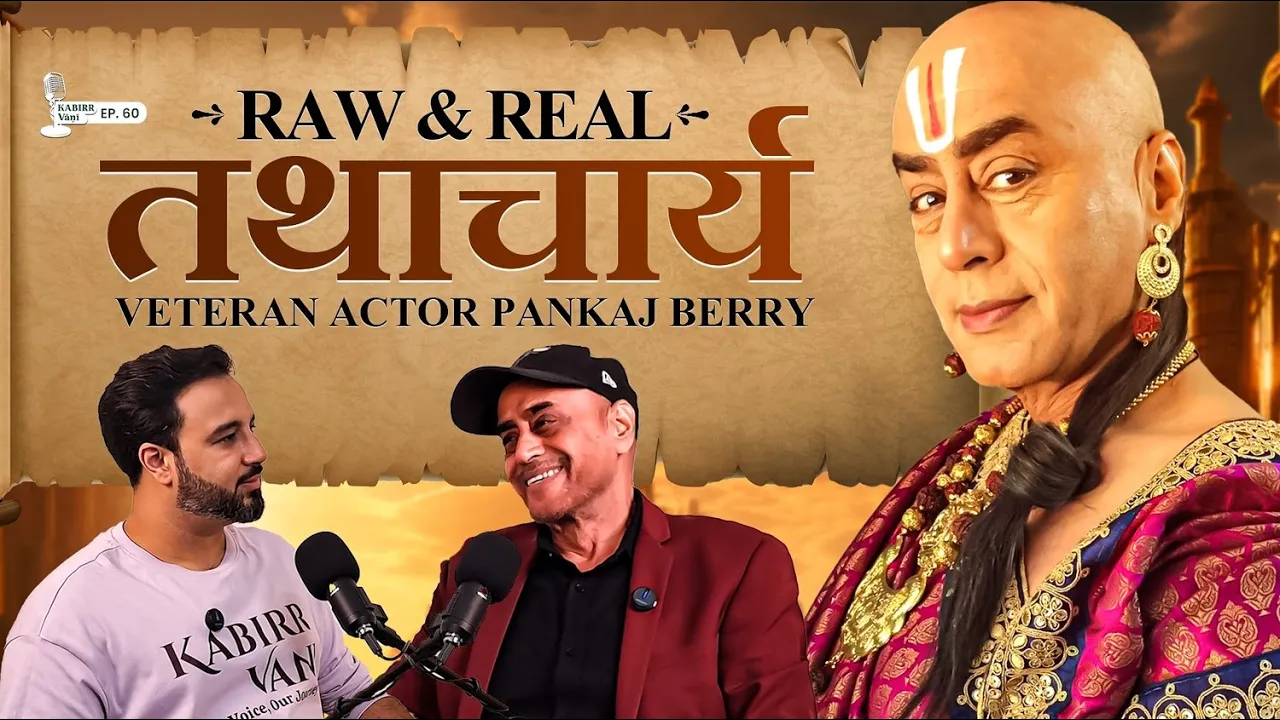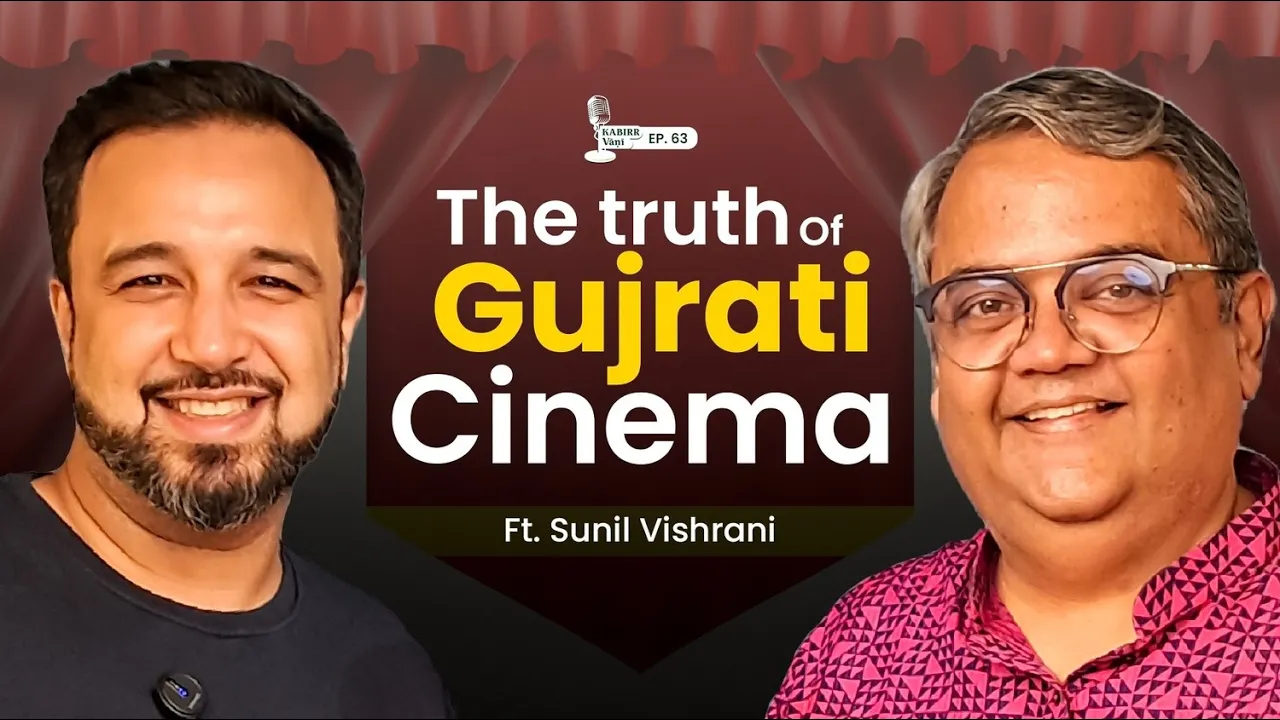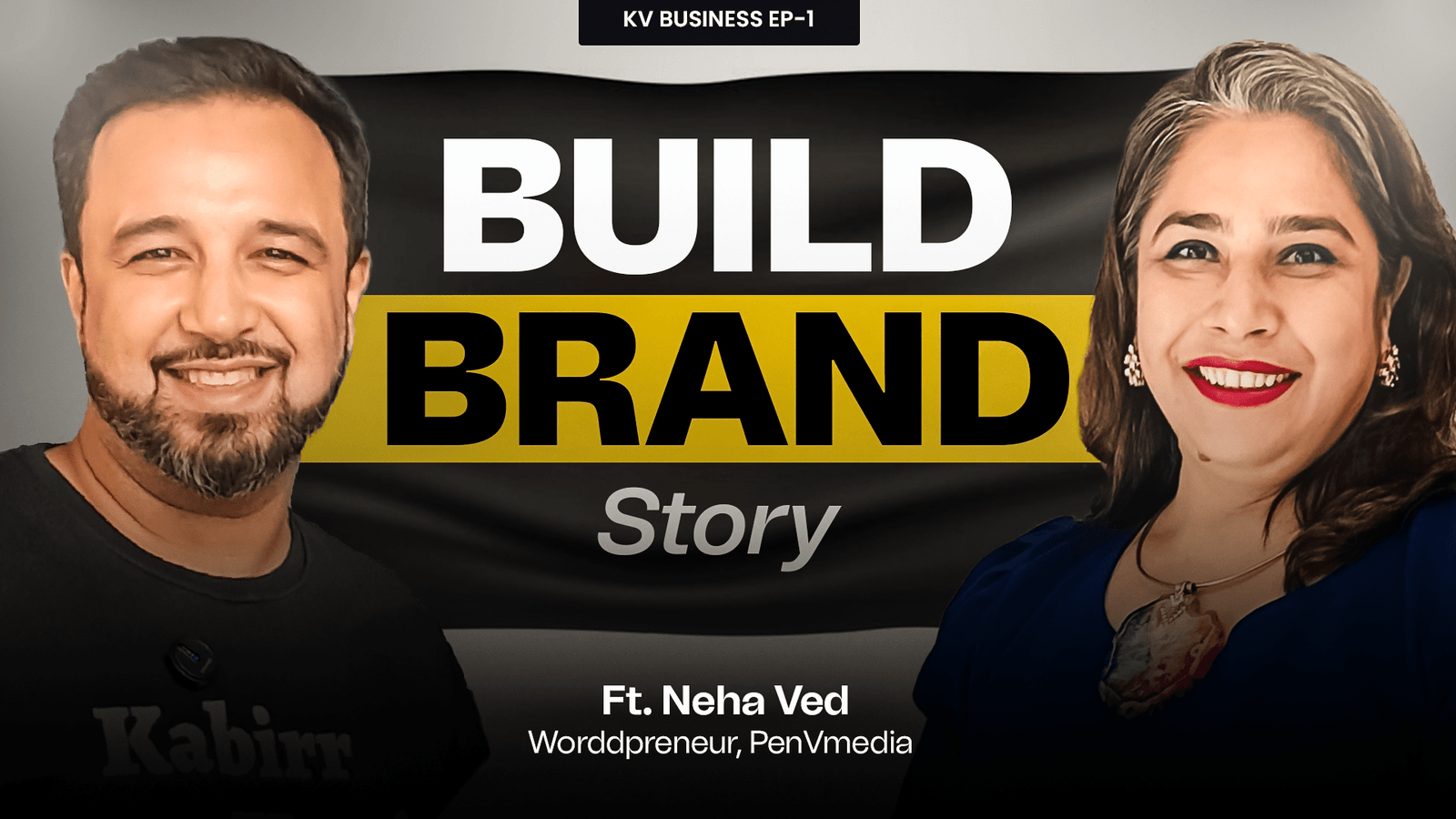In the world of Indian television and cinema, very few actors have left a mark as deep and lasting as Pankaj Berry. From Theatre to Known for his memorable role in Tenali Rama‘s Tathacharya, and his contributions across theatre, Doordarshan classics, and modern cinema, Berry’s story is one of struggle, resilience, and timeless artistry.
Early Struggles and Theatre Roots
Pankaj Berry’s career began not in glamour, but in the rigorous discipline of theatre. A gold medalist from the Department of Indian Theatre, Chandigarh, he built his foundation in dramatics with both a diploma and a master’s degree. His initial years were spent doing plays like Mat Vilasom, and later contributing to Shyam Benegal’s iconic Bharat Ek Khoj, where he played roles ranging from Ashwatthama to Akbar’s historian Abul Fazl.
Despite family hesitation, Berry’s persistence and commitment to his craft eventually won them over. What started with skepticism turned into pride as newspapers carried glowing reviews of his performances.
The Rise in Television
Berry’s name became a household identity through shows like Gul Gulshan Gulfaam, Swabhimaan, PC Aur Mausi, Katha Sagar, and later, Tenali Rama. He recalls how audiences—children, parents, and elders alike—embraced Tenali Rama’s Tathacharya as not just entertainment, but a source of moral lessons and joy.
A particularly touching moment came when a woman told him her father, who was terminally ill, would still laugh and smile watching Berry’s character. Such instances convinced him that acting is not merely performance—it is a way to touch lives and heal hearts.
The Accident That Changed Everything
At the peak of his career in the early 1990s, during the shooting of Sainik with Akshay Kumar, Berry suffered a major accident that fractured his leg severely. Akshay escaped, but Berry was caught under a jeep. This incident forced him out of 25–27 films that were already signed.
He compares this turning point to a jumbo jet ready for take-off that crashes on the runway. His rhythm was broken, but his spirit was not. Within months, he returned with roles tailored for him, including a wheelchair-bound father in Junoon. Despite financial, physical, and emotional setbacks, he continued working and built a reputation for being grounded and professional.
Lessons From the Industry
Berry candidly observes: “In the industry, everyone seems like they are yours, but no one truly is.” From producers who replaced him without hesitation to friends who sought to take his place, he learned that loyalty is rare in show business. Yet he chose to hold no bitterness, often quoting his own couplet:
“Mujhe mere dushman pareshan na kar saken,
Main chand doston se bahut hoshiyaar hoon.”
This resilience—accepting both betrayal and blessings—defines his journey.
On Acting and Craft
For Berry, acting is not a hobby but the toughest profession. He insists that an actor must live the character, whether in theatre or cinema. Theatre, he believes, remains the hardest medium, as there are no retakes—only one chance to live the role before an audience.
His advice to young aspirants is simple yet profound:
- Analyze yourself honestly.
- Realize your strengths and weaknesses.
- Finalize your path with commitment.
This ARF framework (Analyze, Realize, Finalize) reflects his belief that success comes from self-awareness and consistent effort.
Spiritual Beliefs and Inner Balance
Despite the ups and downs, Berry remains deeply spiritual. He prays to God in all forms—Allah, Ishwar, Khwaja, Guru Nanak, Jesus—and finds peace in connecting to the divine. For him, work itself is meditation. He believes setbacks are part of a cosmic plan, and that patience (sabr) and surrender to divine timing are essential for survival in the industry.
Humility Amidst Fame
What stands out most about Pankaj Berry is his humility. Despite decades in cinema, he continues to cook at home, buy vegetables from the market, and write poetry. His mantra remains: “Do good and be good.”
He refuses to indulge in vanity or fake social media followings, preferring organic connections with his audience. Even on sets, he avoids throwing tantrums, unlike many peers. To him, being a good human being matters as much as being a good actor.
Looking Ahead
Berry dreams of writing a book about his life, filled with untold stories and experiences from four decades in the industry. He also wishes to contribute more to Punjabi cinema, and is open to challenging, layered roles that push him out of his comfort zone.
For him, the greatest wealth is not money, but being remembered as both a good actor and a good person.
Listen to the Full Podcast
You can listen to the full conversation with Pankaj Berry on the Kabir Vani Podcast, available on Spotify, Apple Podcasts, and Amazon Prime Music.






